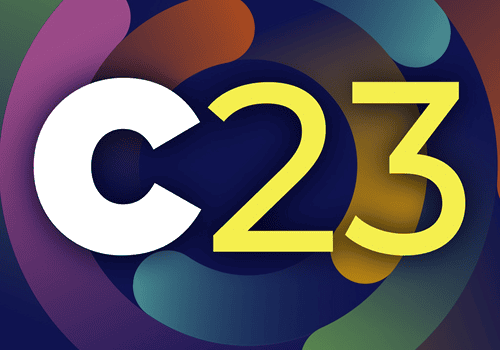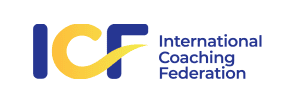ICF Converge 2023 was an enriching event filled with transformative learning, inspiring speakers, and illuminating insight. This package includes over 60 recorded sessions led by world-class speakers and offers more than 40 Continuing Coach Education (CCE) units. Tailored to suit a wide variety of interests, the on-demand package covers topics ranging from coaching techniques and business strategies to leadership development and personal growth. The sessions are organized into five key themes to help guide your learning journey:
- Expand and Diversify Your Coaching Business: Learn how to grow your brand, reach new audiences, and utilize tools to improve your practice effectively.
- Explore Evidence-Based Practices and Theories: Deepen your understanding of coaching techniques, best practices, and strategies for developing a coaching culture.
- Envision the Future of Coaching: Stay ahead of the curve with insights on innovation, creativity, trends, and the social impact of coaching.
- Align With Core Competencies: Strengthen your foundation by mastering professional standards and credentialing to enhance your credibility and effectiveness as a coach.
- Elevate Your Expertise: Acquire new skills in leadership, mentor training, and coaching supervision to take your practice to the next level.
The ICF Converge 2023 OnDemand package offers the tools and knowledge to help you grow no matter where you are in your coaching journey.
Note: All Keynote content expired on September 22, 2024, pursuant to their speaker contracts.
Topics
ICF Events
- Converge
Delivery Method
Language
Related Events & Professional Development
ICF Converge 2025
ICF Converge 2025 is the premier global coaching conference where the coaching community comes together to build powerful connections, accelerate growth, and shape what’s next. This year’s theme — Honoring Legacy. Igniting Connections. Driving the Future. — invites you to reflect on the profession, connect deeply in the present, and co-create the future of coaching.



